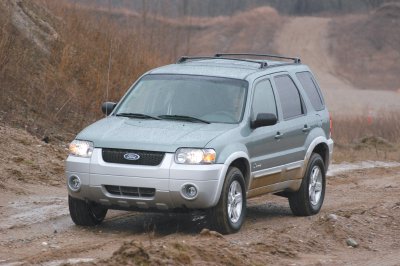Some1
Legacy Member
il y a 3 ans oui mais maintenant les regulations sont tellement strictes que un pet pollue plus que ce qui sort d'un exhaust d'un diesel.. l'urée et dpf ca fait des miracle mais encore la c'est des couts d'entretien supplementaires
L'urée es seulement injecter pour reduire les NOx,avec l'arriver des catalyseur selectifs depuis quelque année sa la beaucoup aider,Le probleme es la compétition,Dans le Pick-Up tout le monde regarde les Chiffre.Bien des HP et du torque en monstre,mais plus de puissance=plus d'émission donc tu doit rentrer dans les normes donc l'urée présentement es la solution la plus simple,regarde dans les Narrow Chassis Cab(E-Series)Souvent ils ont encore la vielle generation de turbo VGT,et moin de torque et HP=no urea.Mais personne s'en plein?Dans la Gamme Pick-up,c'est un autre histoire,c'est seulement un question de compétiton du plus fort.Donc rendu sur la ligne de production on fait souvent des modification grossie les turbo etc pour les meme interne et composante,C'est vraiment drole.mais on pourrait en parler longtemps.Le plus gros probleme ici au quebec pour les Diesel sont la qualité MÉDIOCRE de fuel que nous avont,c'est presque pas croyable,faite analyser le fuel de vos diesel Vs l'europe et vous aller capoté lol.Le fuel es utuliser pour lubrifier les injecteurs eu meme ainsi que les pompes,Donc imaginer l'impact...Notre qualité d'air aussi joue pour beaucoup,pas besoin d'aller bien loin,Nos climats rude,les proprio qui étire leur entretien et mettre de l'huile cheap.Aller seulement a vancouver et vous verrer deja un méchant changement sur les entretiens des meme vehicule diesel qu'ici seulement par la qualité de l'air.
Tout sa rentre en compte.Le diesel es une option viable a long terme,mais pas au quebec.




